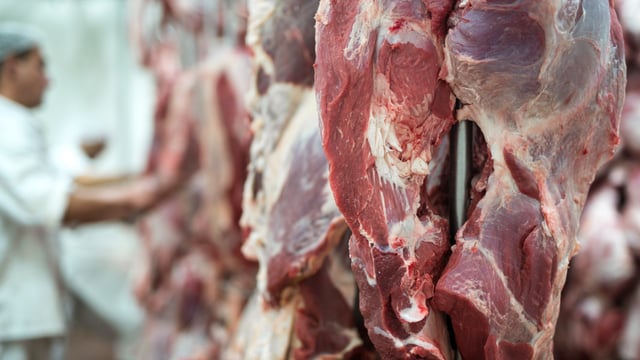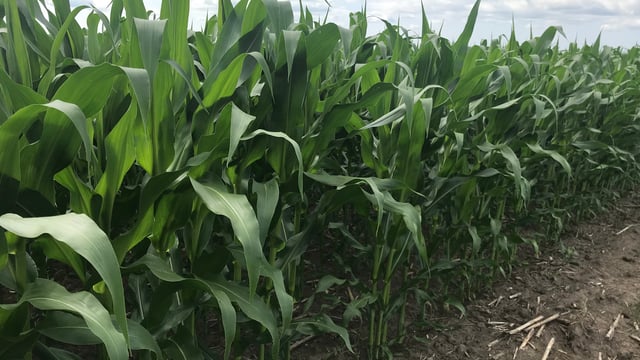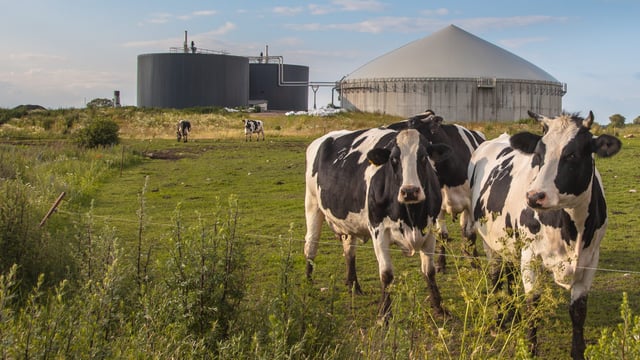Fur-farming compensation: Minister called on to review scheme
Minister for Agriculture, Food and the Marine, Charlie McConalogue has been called on to review the compensation scheme currently offered to the three fur-farming enterprises that will face closure in 2022.
At a pre-legislative scrutiny session of the Joint Oireachtas Committee on Agriculture regarding the Animal Health and Welfare Bill 2021 - which will end the practice of fur farming - the Department of Agriculture, Food and the Marine (DAFM) was criticised by the owners of the farms for offering what they said was a "poor and completely unacceptable and unworkable compensation scheme".
However, a senior inspector at the DAFM said that detailed information had not been received until recently from the fur-farm owners, that could have provided greater understanding of the industry.
This information was sought last November, he said.
But detailed information had recently been provided by owners of these farms and could mean that aspects of the compensation scheme will be looked at again.
Minister McConalogue took on board concerns of the committee who pointed out that an agricultural practice - albeit a very small part of the industry - was being forced to stop, and job losses were occurring due to government-introduced legislation.
Workers must be looked after, he was told.
The minister was joined by Gerry Greally, senior inspector for livestock breeding, production and trade at the Department of Agriculture, Food and the Marine, who fielded technical questions regarding the steps to phase out fur farming, and compensation involved.
Currently, the DAFM is offering compensation to the fur farmers under four categories:
But the committee raised concerns over a number of areas such as:
In explaining the basis of the proposed compensation, the DAFM's senior inspector, Gerry Greally said that Grant Thornton was appointed to look at how best to compensate a business that is being wound up in such a way, and "certain conventions and methodologies" were used to come up with the best result.
He said the five-year cycle to calculate profitability actually reviews the previous five years, and looks forward five years also.
"The thinking behind this is that five years should be enough to see the historical profit and five years forward should take into account how long it would take for the farmers to make their money back."
He said this work was carried out in the absence of detailed information from the farmers, despite such information being requested.
He explained that the DAFM contacted the farmers in November 2020 and sought data that would aid them in their calculations. Subsequent requests resulted in "some information" being sent but it was "not suitable".
Regarding the demolition costs and the capping at €50/m2 quotation, the senior inspector said that Grant Thornton had commissioned a chartered surveying company to assess the costs involved in the demolition of the mink shed buildings only.
In relation to redundancy figures, he said statutory redundancy is bound by legislation and the DAFM is simply stating what is standard in the industry.
"The farmers could contribute more if they wished," he said.
But committee members reminded Minister McConalogue that these job losses are occurring in unusual circumstances, under government-introduced legislation, spurring some to ask that the government step up.
Sinn Féin TD, Matt Carthy asked the minister to consider a "once-off lump sum figure" for employees.
Minister McConalogue said he would reflect on the approach to redundancy and costs following the completion of the pre-legislative scrutiny of the bill.





